Development History of Folding Electric Bikes

Electric bikes improved transportation efficiency and convenience. Based on this, the invention and development of folding electric bikes have brought more possibilities for urban travel. With the continuous progress of technology and people's attention to environmental protection and health, folding electric bicycles are gradually becoming the new favorite for urban travel, and their technology is constantly being innovated and expanded.
Presentation of the concept
The concept of folding electric bikes originated in the late 1980s and early 1990s when folding bikes and electric bikes had already been in existence for some time. With the acceleration of urbanization and the increasing demand for travel convenience, the idea of combining the two to create foldable electric bikes gradually emerged and developed.
Their most notable feature is their ability to fold conveniently, making them easy to carry and store. Foldable electric bikes are typically lightweight, compact, easy to dismantle, energy-saving, and environmentally friendly, making them suitable for a variety of scenarios, such as urban short trips, tourism, and sightseeing.
Exploration of technology
In the 1980s, some scientists and engineers began to explore the technology of folding electric bikes. They started to delve how to optimize the components of electric bikes, such as motors , batteries, and control systems, to produce more lightweight and compact electric bikes.
The exploration of folding electric bike technology mainly includes the following aspects:
- Folding structure design: Folding electric bicycles need to have a compact, stable, and easy-to-operate folding structure, which requires optimization design of components such as the frame, wheels, and steering handle.
- Power system: Electric bicycles need to be equipped with efficient and reliable power systems to ensure sufficient range and faster speeds. At the same time, reasonable planning and management are needed to ensure battery life and safety performance.
- Control System: Foldable electric bicycles require intelligent control systems to achieve precise acceleration and braking, as well as to provide various driving modes and information feedback functions.
- Materials and Manufacturing Processes: In order to meet the requirements of lightweight, durability, and appearance of foldable electric bikes, high-quality materials and advanced manufacturing processes are needed, such as aluminum alloy frames, carbon fiber components, laser cutting, and CNC welding technologies.
Based on the above technological explorations, folding e-bikes have gradually become a convenient, environmentally friendly, and fashionable mode of transportation, which is favored by more and more people.
The operation of experiment
In the late 1980s, some companies began to try producing folding electric bicycles. One of the most famous companies was Yamaha from Japan. Yamaha initially produced audio equipment, but in the early 1990s, they started to shift their focus to electric bicycles. In 1992, Yamaha launched their first folding electric bike and received a good response in the market. Since then, Yamaha has started mass-producing electric foldable bicycles and has achieved some success in the international market.
Gradually matured technology
By the early 21st century, the technology of folding electric bikes had become quite mature. This technology has developed to the point where electric bicycles of different sizes and performance can be produced, and the weight of these electric bicycles is very light.
For example, Hipeak folding electric bicycles have more than ten years of experience in manufacturing electric bicycles and use more advanced materials to manufacture the frame and other components of electric bikes, further improving the performance and portability of electric bikes.
Expansion of the market
With the continuous maturity of foldable electric bike technology, this technology gradually entered a wider market. Some large companies have started to lay out this market and have begun to produce high-end folding e-bikes that are of very high performance and quality. In addition, some government departments have also embarked on purchasing folding e-bikes as a supplementary way of urban transportation.
Increased competition
The number of company entering this market is growing by leaps and bounds, and the increased competition has resulted in a continuous improvement in the quality and performance of products. Various manufacturers are constantly upgrading the quality and performance of electric folding bikes, optimizing aspects such as the bike's range, speed, and handling to meet consumers' demands for more high-end and convenient modes of transportation.
As the market matures and consumer demands become more diverse, the intensification of competition of in the folding electric bike industry is inevitable. Only by constantly innovating and improving product quality, performance, and service can better development be achieved in the fierce market competition.
Environmental protection promotion
The development of folding electric bicycles technology also has a driving effect on environmental protection. Electric bicycles do not emit harmful gases and pollutants, so they are important for improving urban air quality and protecting the environment. In addition, the production process of folding electric bicycles can also reduce energy consumption and waste generation, which is important for reducing environmental pollution and promoting sustainable development.
Outlook for future development
With the continuous advancement of technology, the design, performance and functionality of foldable electric bicycles will continue to improve and expand. For example, lighter materials, more efficient power systems, and more intelligent control systems promise to become future development trends.
With the process of urbanization and changes in people's lifestyles, foldable electric bicycles can adapt to more and more travel scenarios and needs, such as tourism, short-distance commuting, and easy storage, and are expected to become a new growth point in the future market.
Finally
In the future, foldable electric bicycles will be more intelligent and diversified, supporting richer driving modes, information feedback, and Internet services, making consumers' travel experience easier, more convenient, and comfortable.
As environmental protection and sustainability have become a global focus, folding electric bicycles will also actively strive to achieve low-carbon, environmental-friendly, and sustainable development goals in the future, in order to promote the green transformation of urban travel.

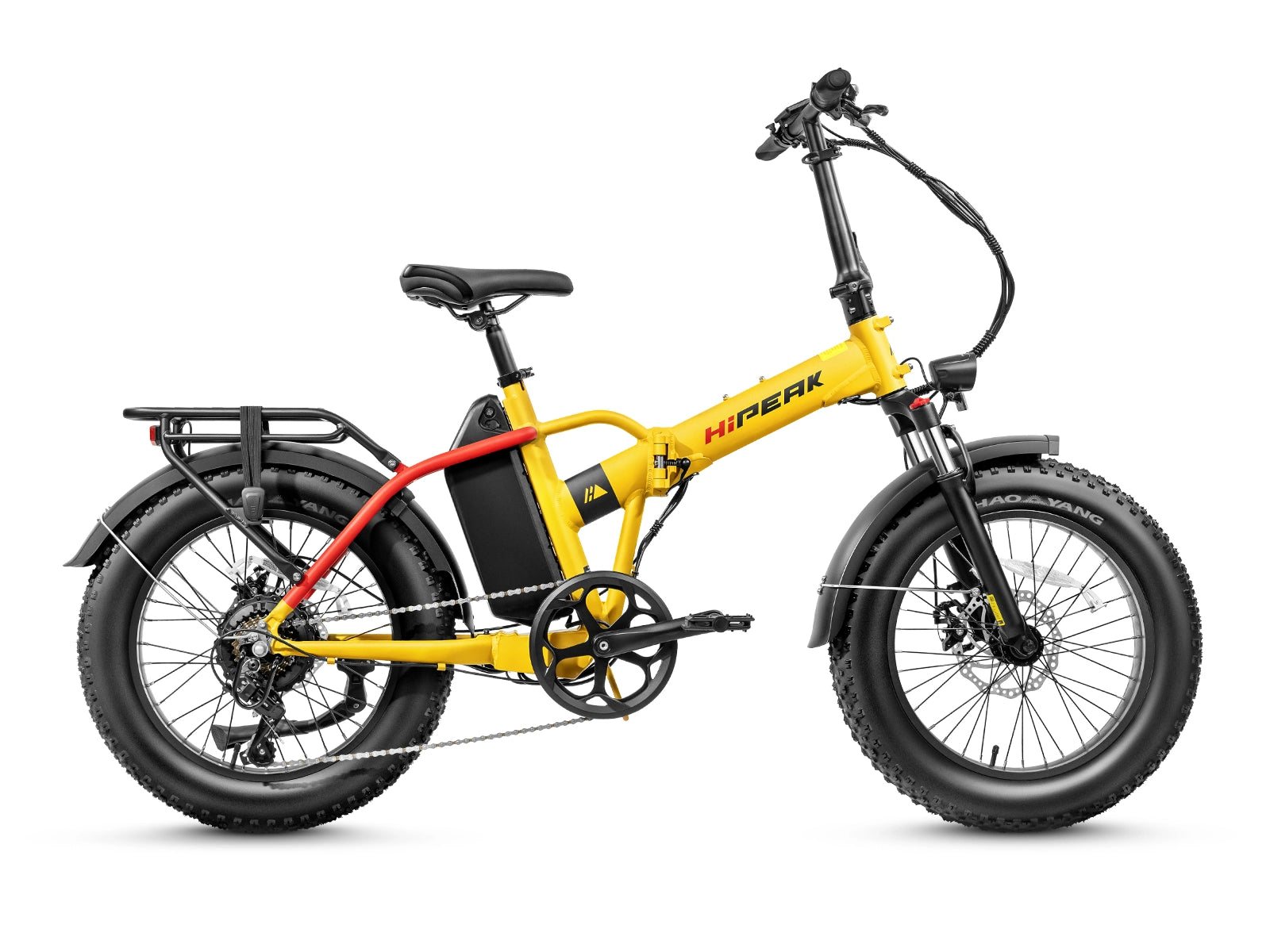
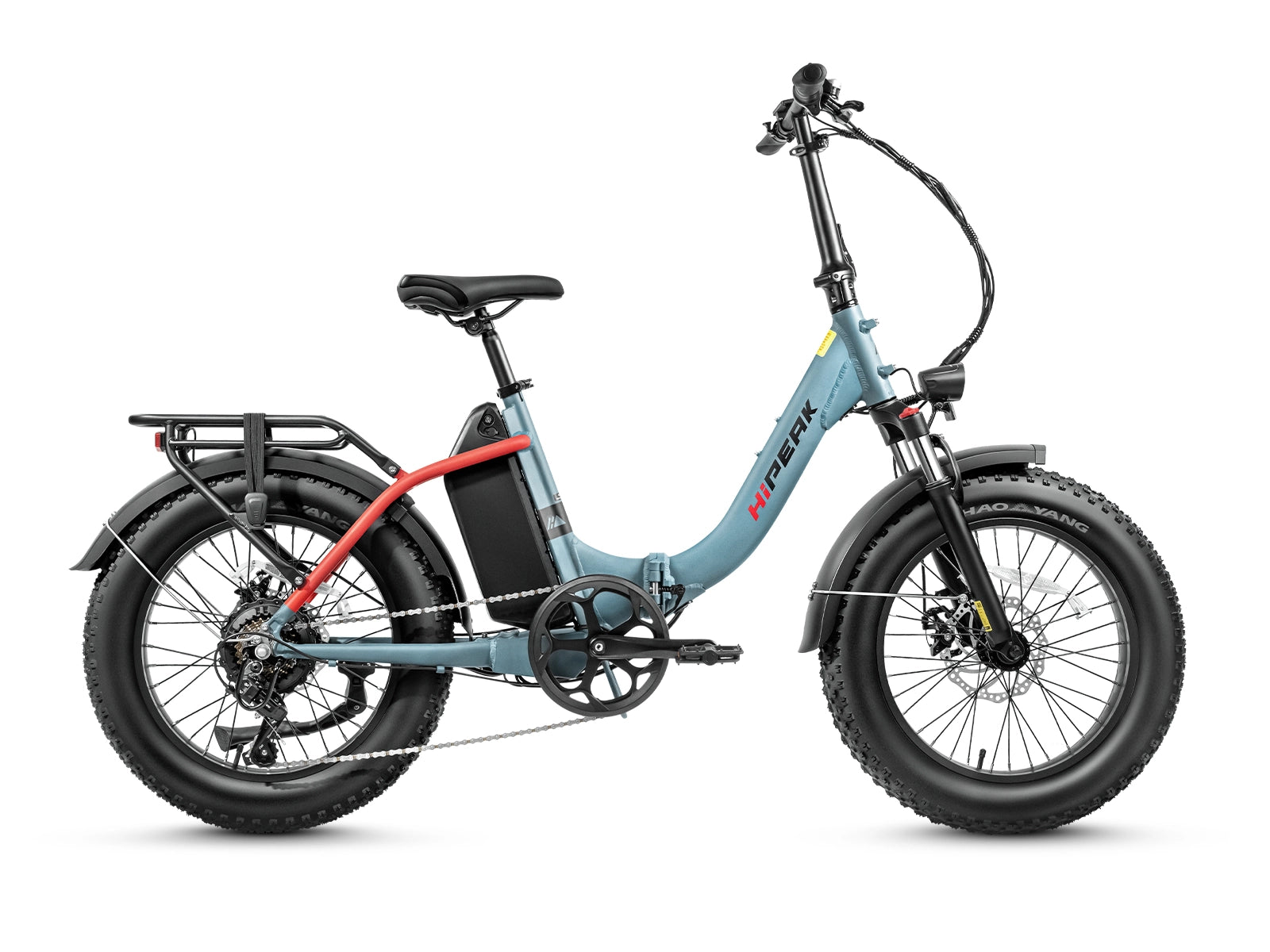
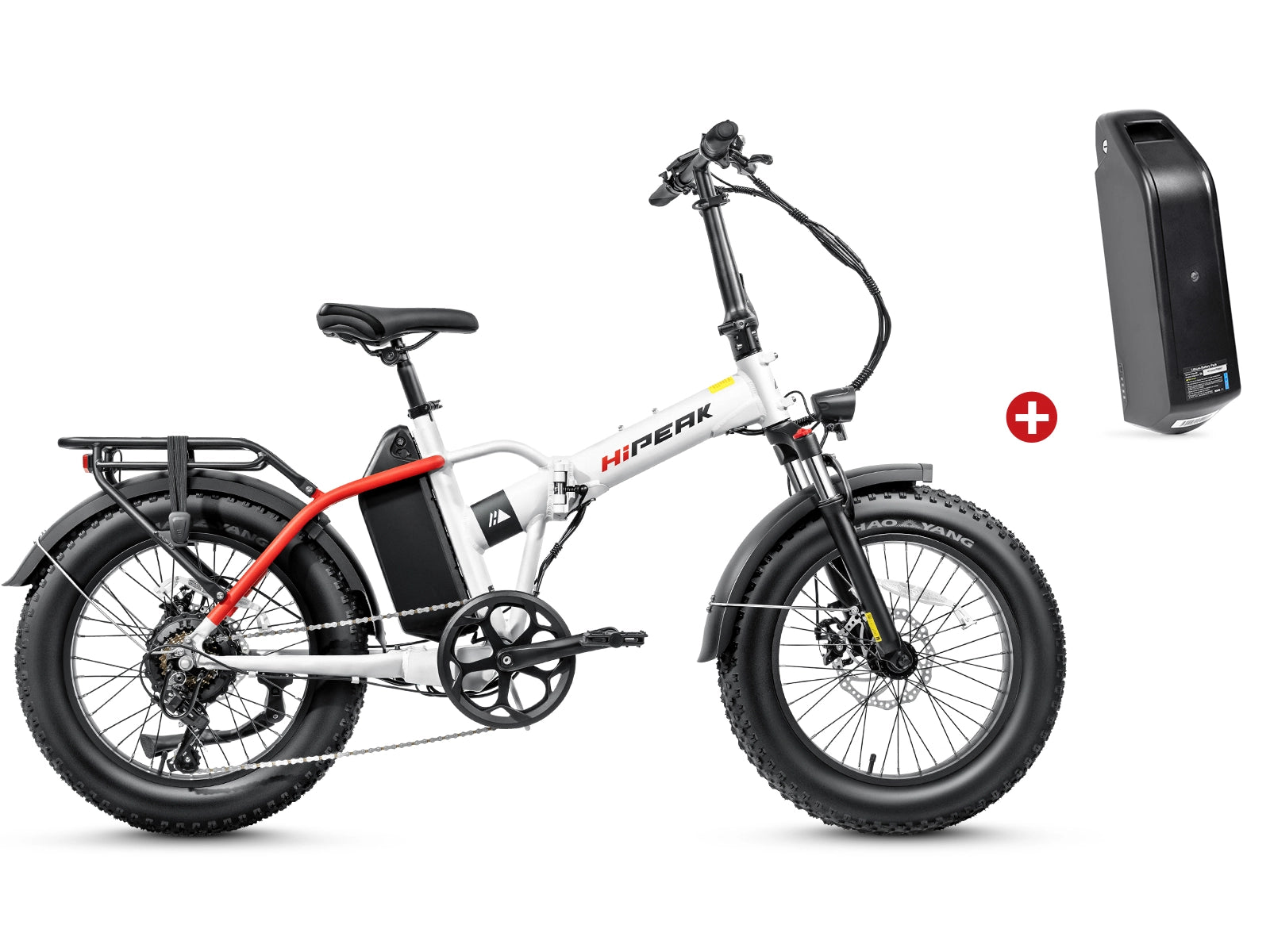
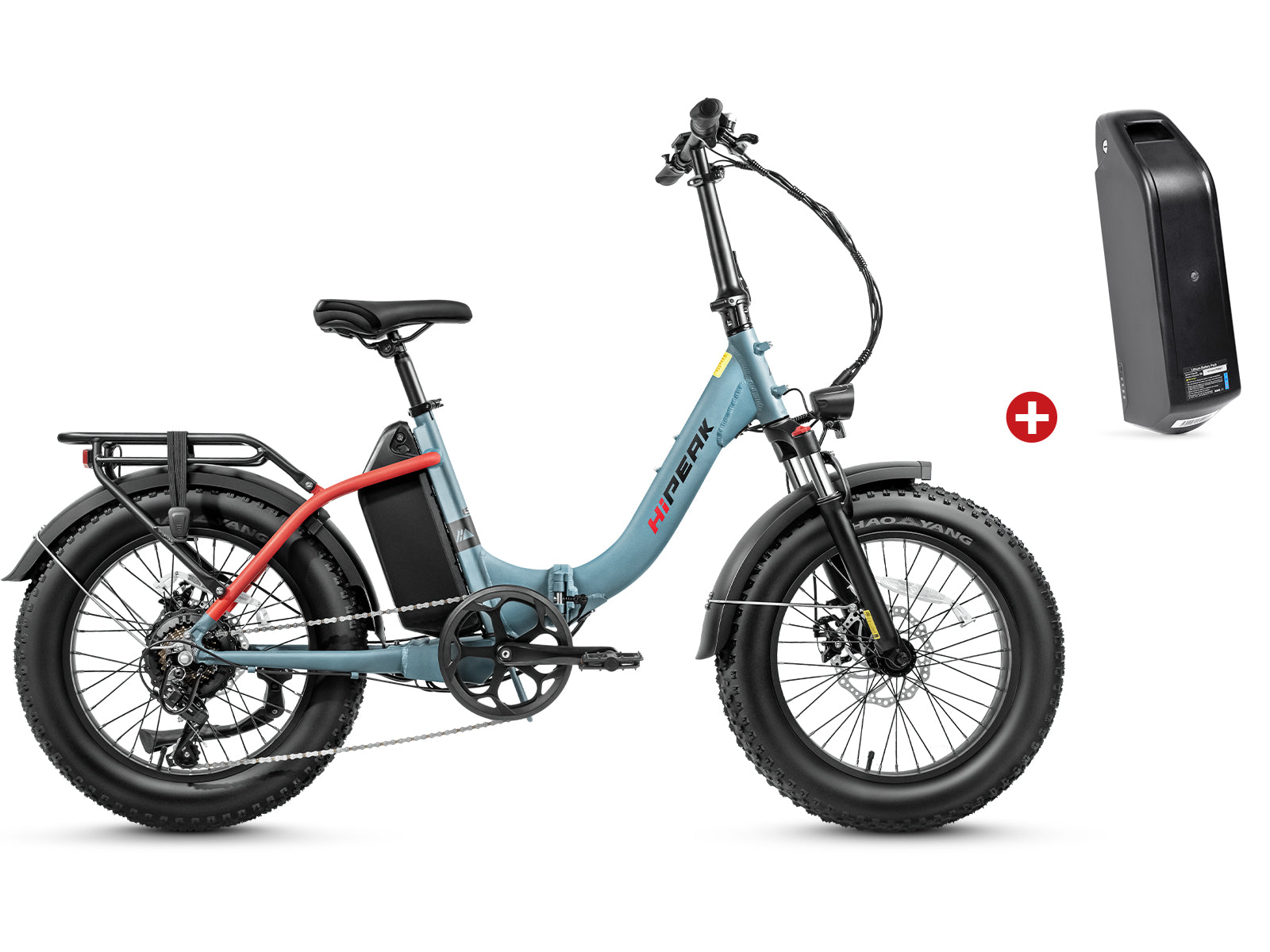
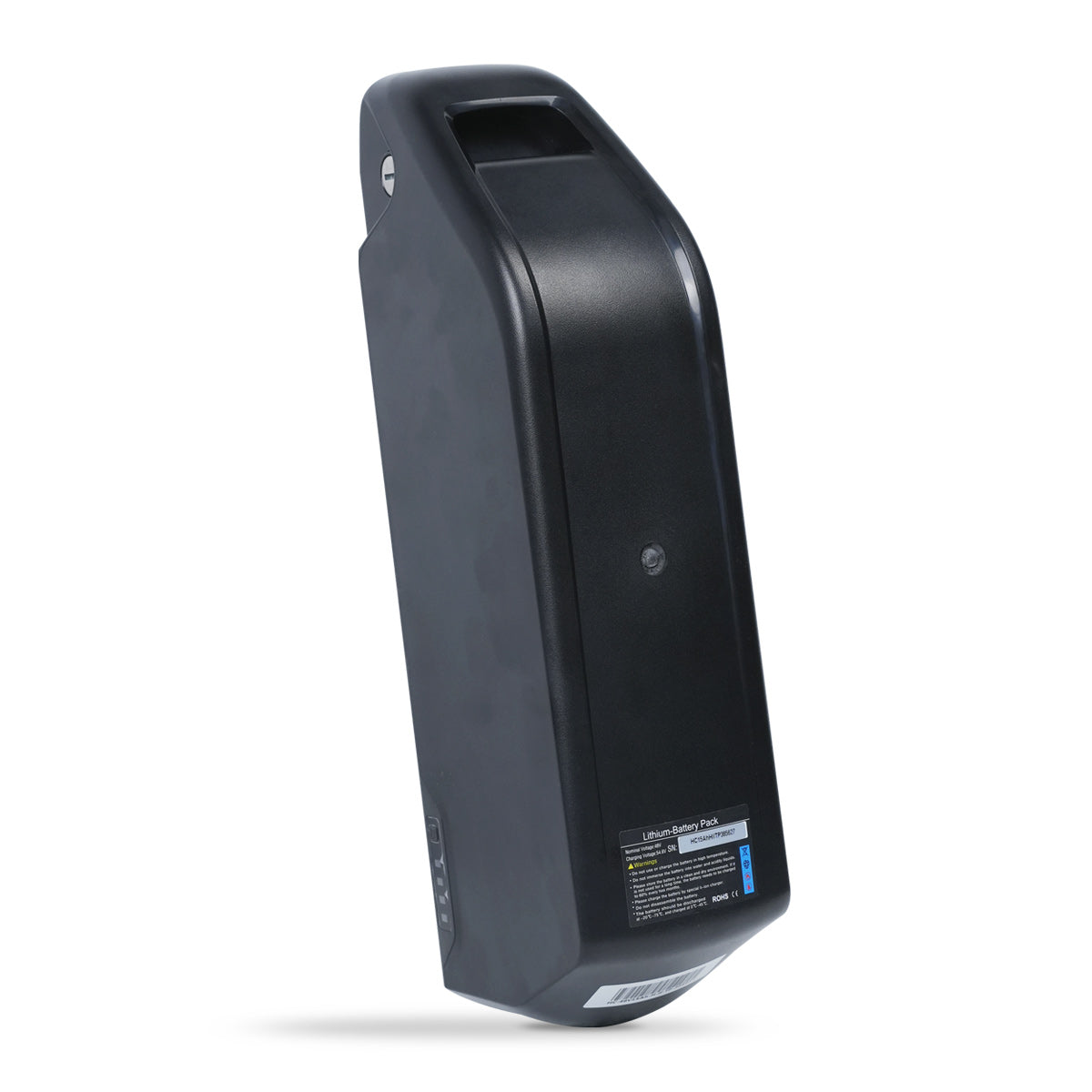
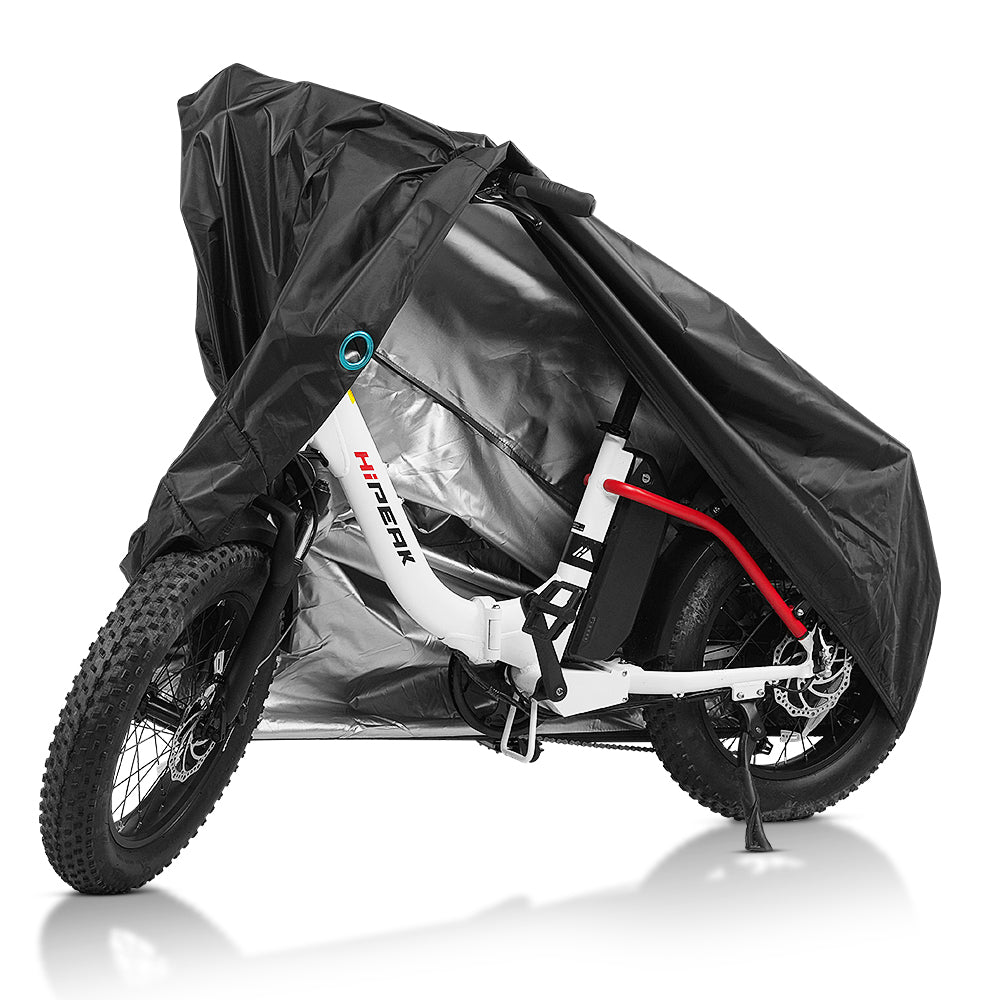

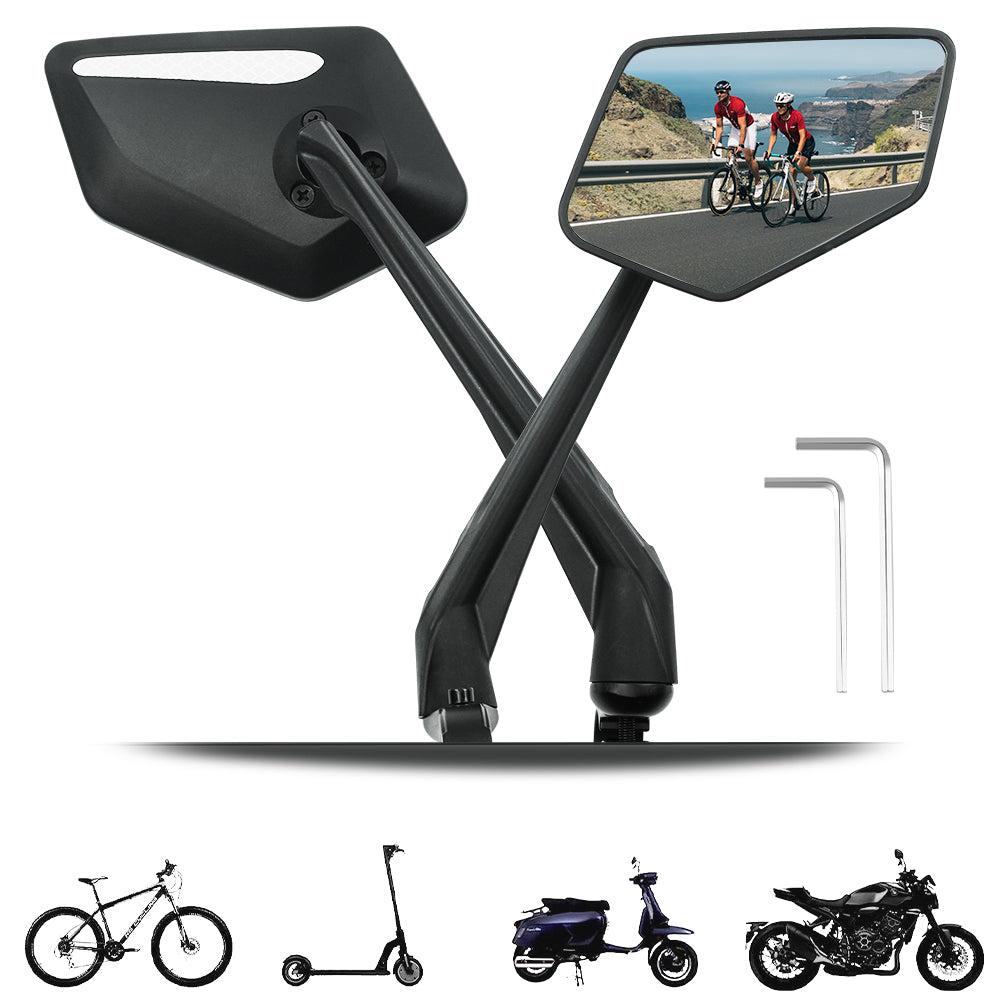
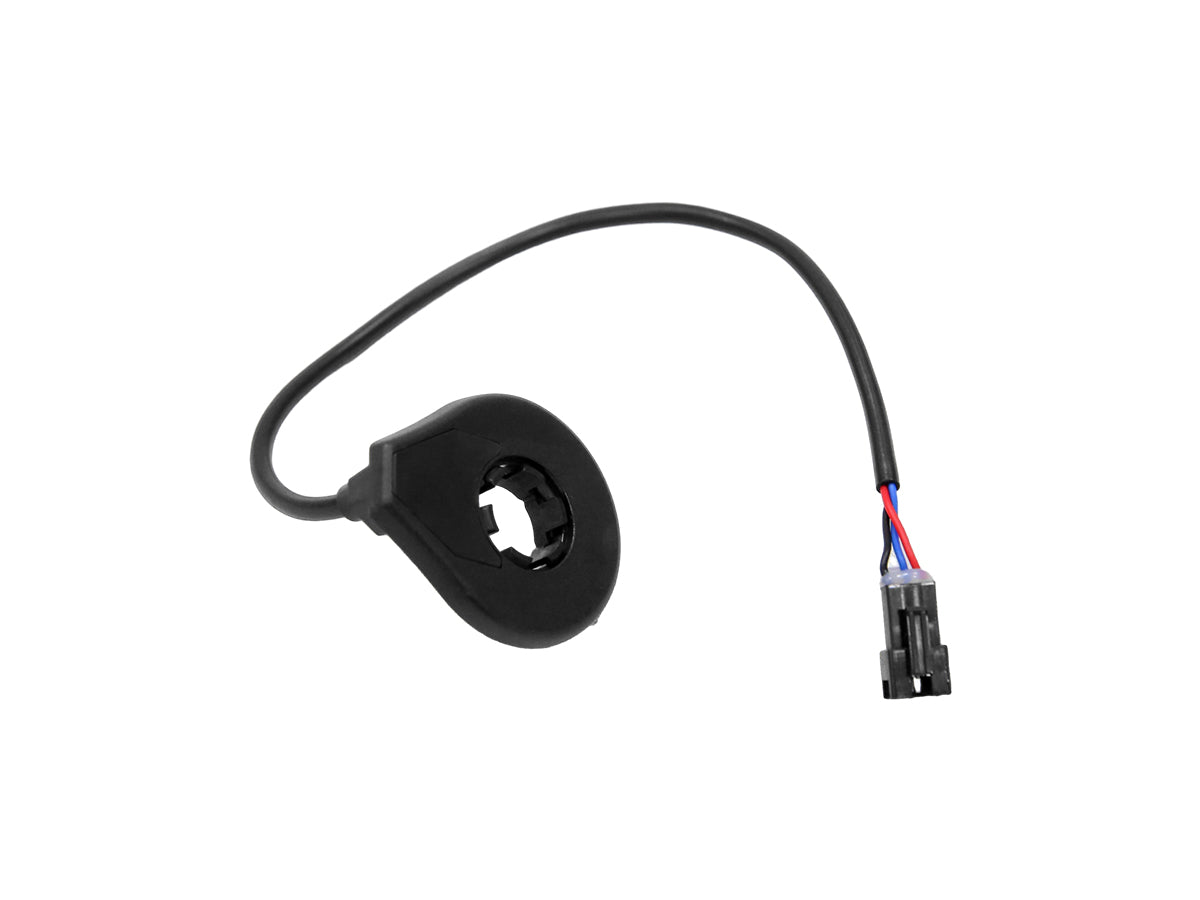

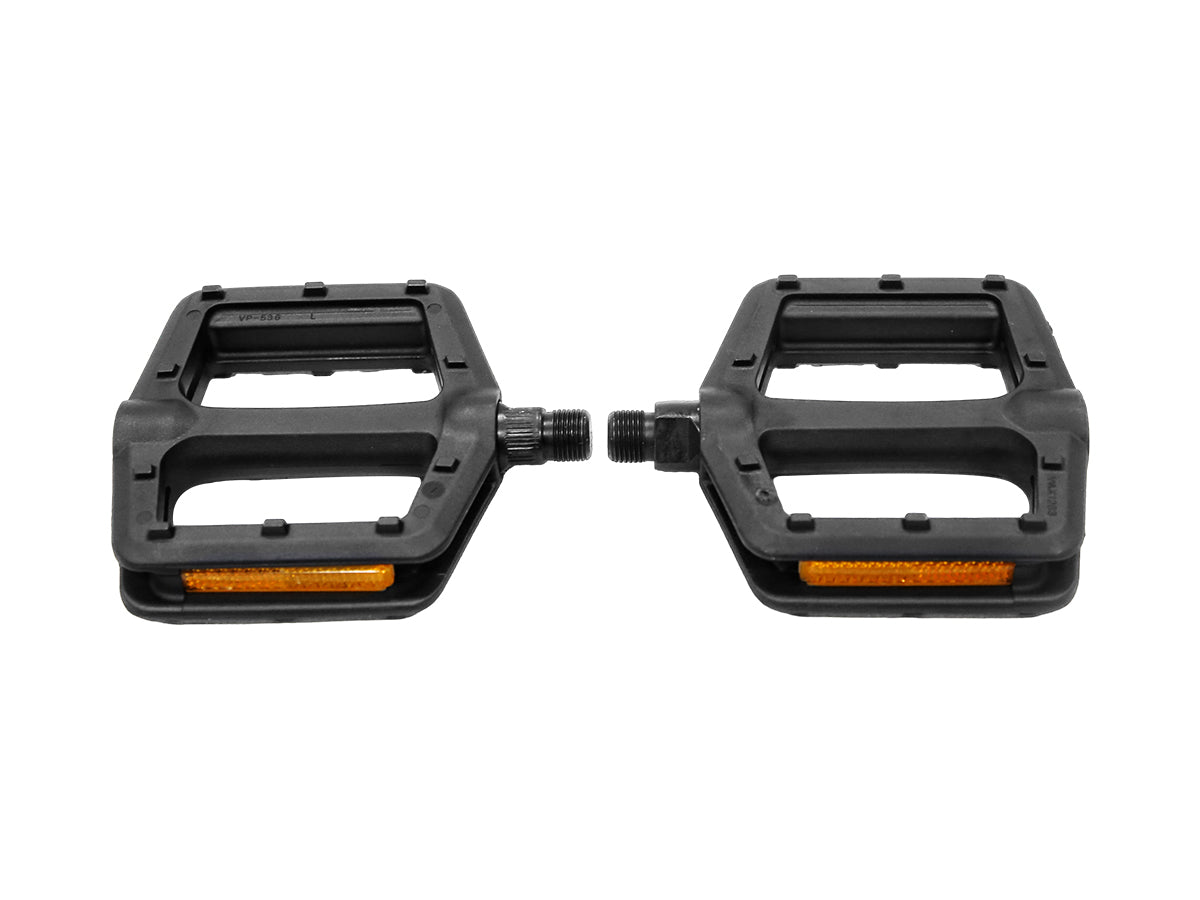
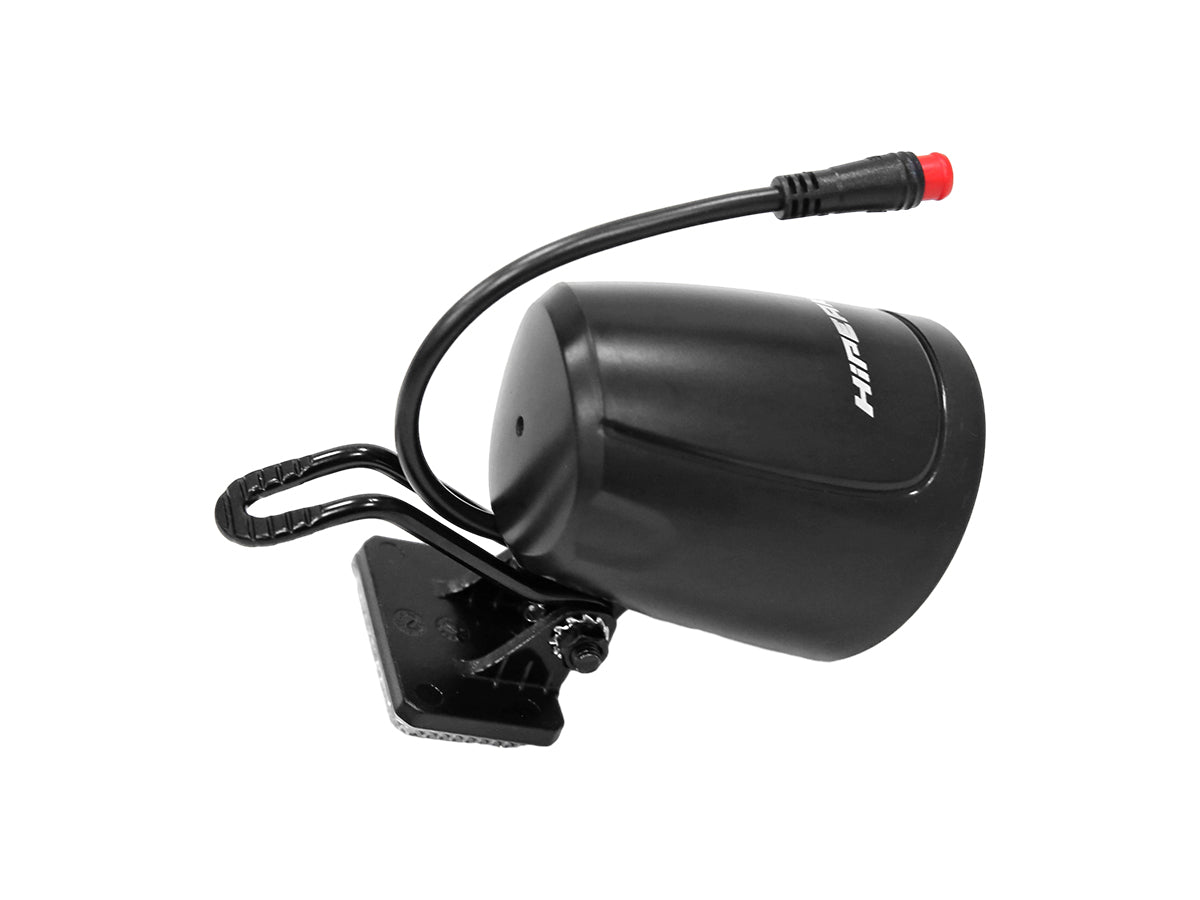








Leave a comment